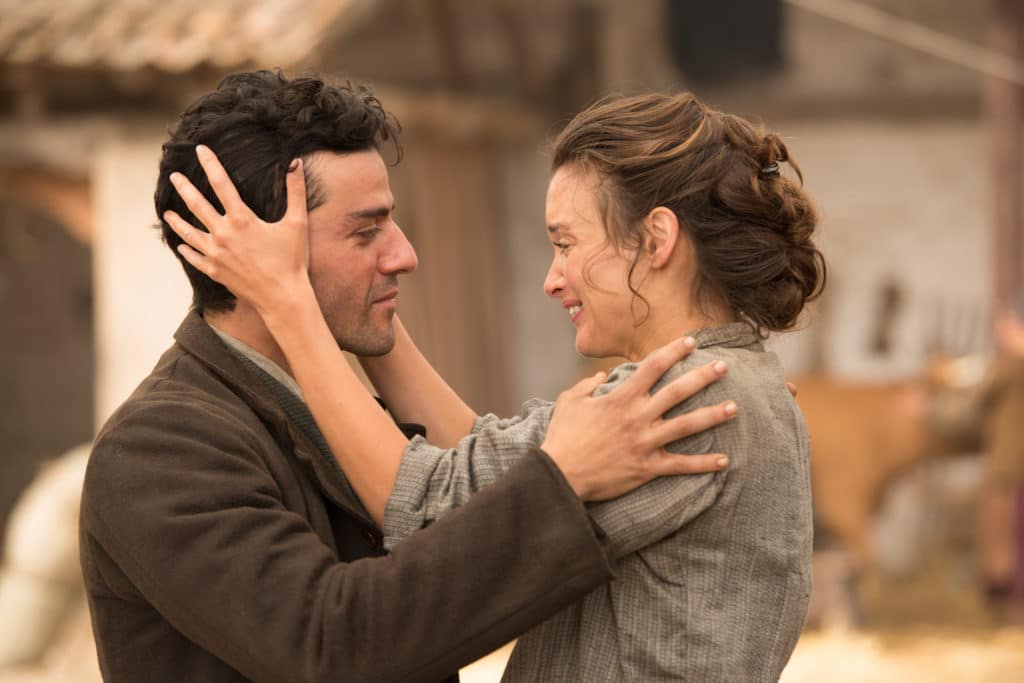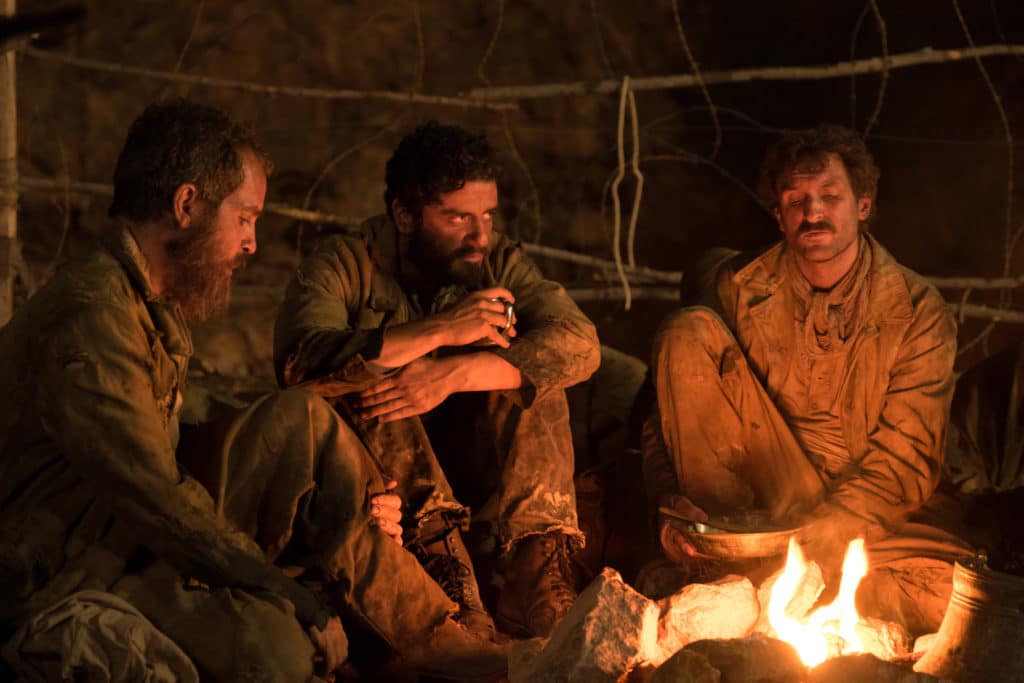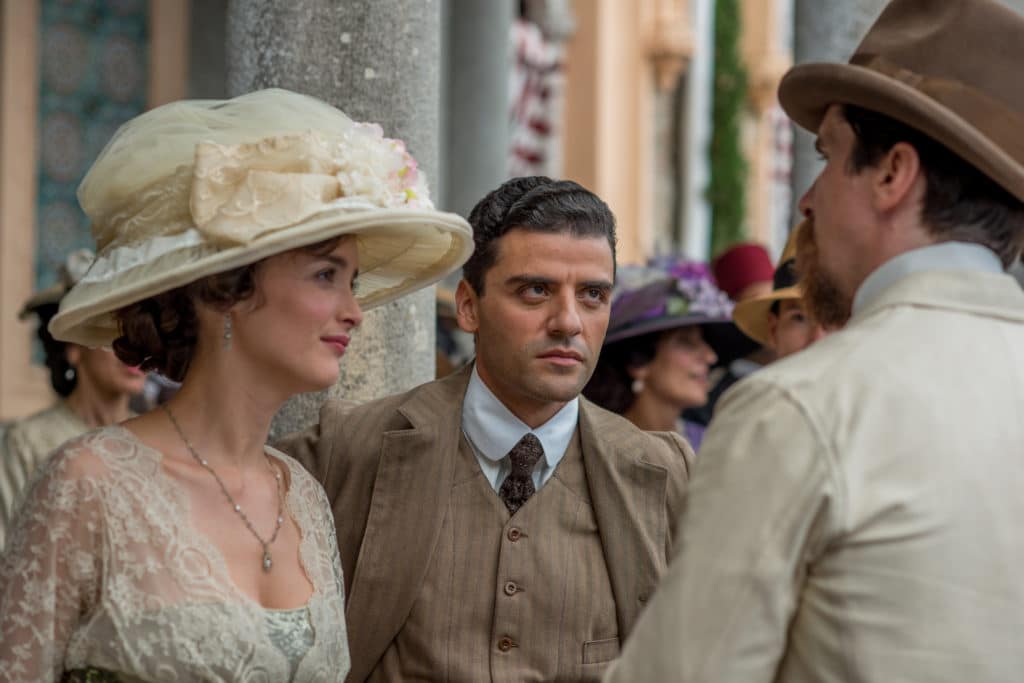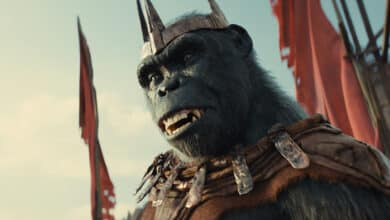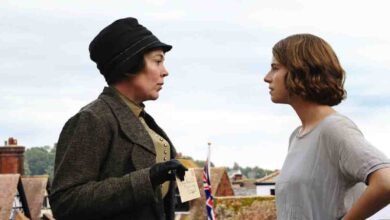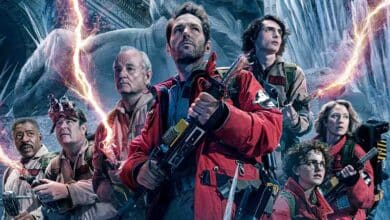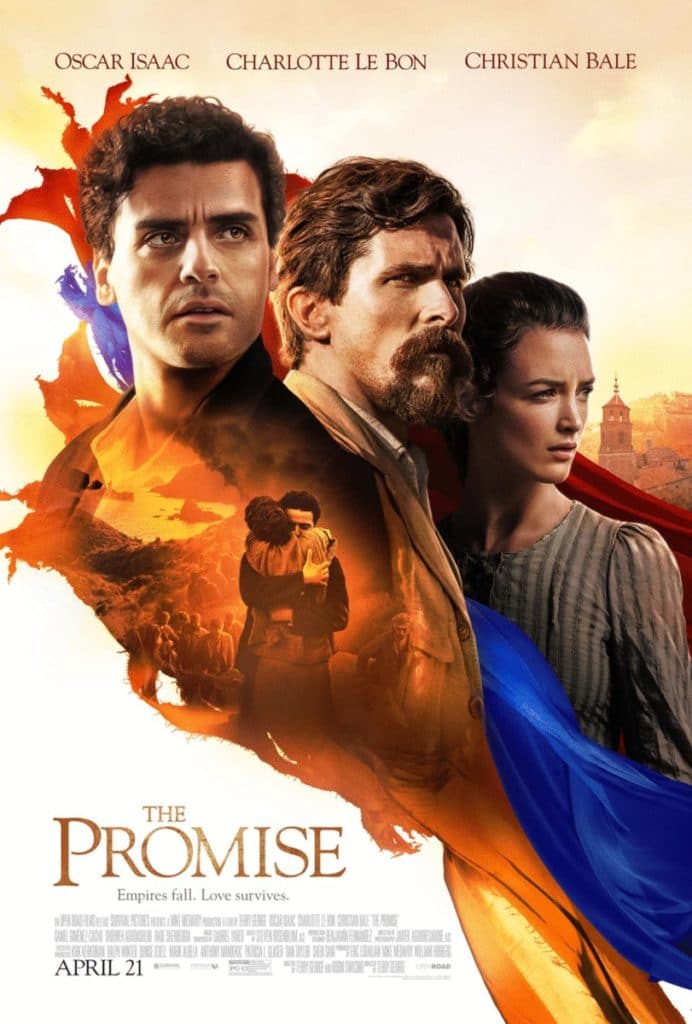
After loads of controversy and speculation as to just where the critical response might fall, Terry George’s The Promise is finally out in the world, ready to teach us more about the Armenian Genocide . . . and love triangles. Oh, the love triangles! You think you know about that tragic ménage à trois of dramatic tension, after seeing such cinematic portrayals as Titanic and Casablanca? Well think again, because . . . oh, right, the Armenian Genocide. I guess that’s important, too.
Sarcasm aside, The Promise is an epic and emotionally charged story, set in 1915 Turkey. It centers around Armenian apothecary Mikael (Oscar Isaac), who has entered medical school in bustling Constantinople after becoming engaged to Maral (Angela Sarafyan), the daughter of a rich man in his village who provides Mikael’s tuition via their dowery. While Maral waits back home, Mikael stays with his rich uncle’s family. Here he meets dancing instructor Ana (Charlotte Le Bon), an Armenian raised in Paris, and her journalist partner Christopher Myers (Christian Bale), with whom she works on primarily humanitarian stories. A kindling of romance begins to take shape, but is interrupted by the eruption of what would later be dubbed the Armenian Genocide.
Now, you may have already guessed this, but the script by Mr. George and Robin Swicord (Memoirs of a Geisha) is not quite as concerned with war and the deaths of hundreds of millions as it is with our trio of attractive leads and their personal problems. That’s not to say we don’t get plenty of sickly figures and piles upon piles of bodies, but that the emotional core is less about one of the worst tragedies to ever occur and more about how Oscar Isaac is going to jump ship from Maral to Ana. There are moments that hint at more of a Schindler’s List type of film, such as Mikael’s brief friendship with a former circus clown or his daunting escape from a workers camp, but they are given little screen time next to the love story we’ve seen dozens of times before.
What might save this oversight for most viewers is the acting calibre. Isaac is pitch perfect, although that could be aided by my ignorance as to what constitutes a good Armenian accent. For the most part, he’s a sympathetic protagonist with noble goals and a good heart; a wide-eyed country boy adrift in the big city, determined to make the most of himself and to fulfill the promises he’s made. Le Bon is a bit more cookie cutter, but she’s a warm and gentle presence with enough fiery independence to keep us interested in her dedication to her cause. Meanwhile, Bale’s Myers is a more adrift presence, spending a good chunk of his screen time doing his own thing, and that thing is being a badass reporter who only wants the truth, damn it. He’s so good at being impassioned and arrogant that for long stretches I just wanted to see more of his adventures in uncovering the wrongdoings of the Turkish government, and less with the tepid will-they-won’t-they of Mikael and Ana.
There’s a moment early on when Myers has secured a guide to drive him out to a small Armenian village. Once there, the driver demands that they turn back immediately, while Myers is intent on taking pictures of hanging bodies covered in presumably horrid text, next to burned out buildings and belongings. Once he’s hastily acquired the photos he needs, he heads back with the guide, only to force the man out of his own car when he sees a death march making its way across the desert. He drives across, watches a soldier shoot a helpless mother, and is promptly chased away by soldiers on horseback. It’s an enthralling scene, and one we get tastes of here and there (Mikael’s brief time in the camp, for example), but never with the full breadth that you would hope for.
By keeping the story focused on Mikael and Ana’s doomed love story, the tragedy unfolding around them becomes a secondary concern. The intent, I imagine, was to present the audience with avatars through which we might be able to see the situation as it unfolds. There is confusion and horror to be had, and presenting it through the eyes of those who just want to help others and embrace peace is a smart maneuver, but who are our avatars? A medical student who’s literally handed everything he needs (even an army exemption, thanks to one of the film’s few kind-hearted Turks), a Parisian woman who appreciates her cultural background but never truly lived it, and an American working for the Associated Press. Where are the poor and disenfranchised, the people? In the background, mostly, unless their presence helps to push our heroes forward, of course.
It can’t be understated, though, just how fantastic our leads are. I’m picking at the film now, but in the theater they had me fully enthralled. Sure, I realized that the film’s treatment of Maral was concerning and that I was only getting brief glimpses into the lives of far more earthbound characters, but the power of great performances was enough to get me through without too many concerns . . . until things got a little too lazy.
I mentioned Titanic in my opener, and for good reason: there is a lot of that film’s DNA circling throughout The Promise, to the point where George even lifts a shot from that film. There’s more to it than that, though: overdone narrative conventions are sprinkled all over the script, and by the time the third act is wrapping up, the weight of these creative lapses is almost too much to bear. A film which I had taken so seriously for the first half quickly became a buffet of objectionable screenwriting and unearned beats. These were more apparent due to The Promise just not meeting the same cinematic heights as James Cameron’s earlier film. Where Cameron expertly portrayed spectacle with a master’s touch, the same can’t be said for George’s far more generic approach. While Titanic smoothly conveyed everything from a playful foot chase to upending an ocean liner, The Promise can barely put together a coherent horse chase.
Director of photography Javier Aquirresarobe (Identity Thief, Goosebumps) does what he can to keep things feeling epic, but for a film aiming to do this much, George really could have chosen a more adept dance partner. The Promise contains plenty of gorgeous vistas and impactful war imagery, but when falling into more action-oriented moments, images become forgettable. A grittier and less polished look may have helped, but in the end the imagery is the victim of the uninspired process pushing the movie forward.
All of this sounds very negative, but you should see The Promise. Not only is it one of the few narrative films, along with 1991’s Mayrig and 2014’s The Cut, among others, to deal with the Armenian Genocide, but it makes for an entertaining and emotionally charged epic. Those moments where our characters are charged with emotion or find themselves imperiled is edge of your seat stuff, and will no doubt garner plenty of shocked cries and tears from the general audience. It’s only in the finer details, below our pretty heroes and the big budget spectacle, that we see The Promise as more hollow and disingenuous than it portrays itself.
